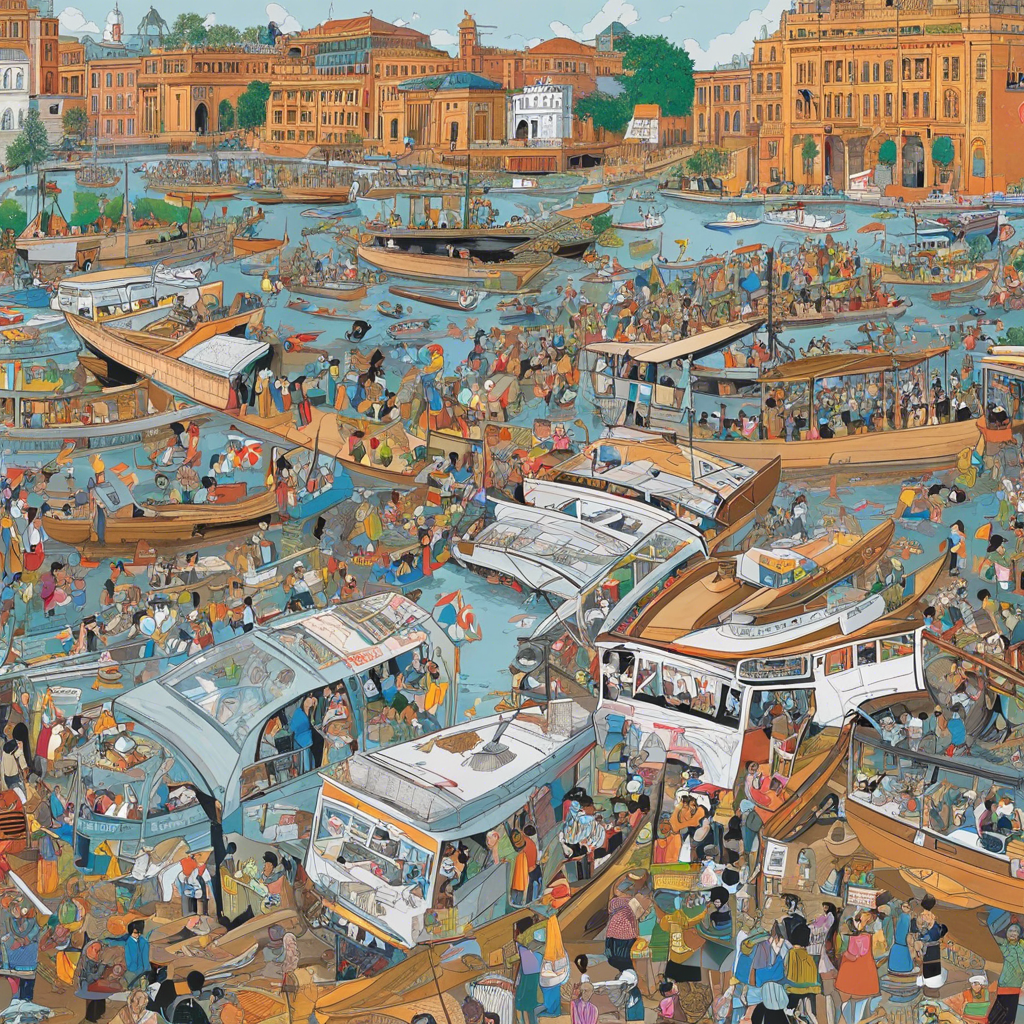The United Nations is an indispensable organization that has played a pivotal role in world affairs since its inception in 1945. With a mission to maintain international peace and security, the UN has served as a forum for dialogue, negotiation, and the peaceful resolution of conflicts. Over the years, it has evolved and adapted to address new challenges and issues facing the global community.
One of the key strengths of the United Nations is its ability to bring together diverse nations and provide a platform for diplomacy. Through its membership of 193 countries, the UN represents a vast array of perspectives and interests, allowing for a truly global discussion on pressing issues. This has proven crucial in fostering understanding, building consensus, and finding peaceful solutions to international disputes.
The UN’s role in conflict prevention and resolution cannot be overstated. Through its peacekeeping operations, the organization has deployed personnel to some of the world’s most volatile regions, helping to stabilize situations and protect vulnerable civilians. The UN has also facilitated negotiations and mediated agreements between warring parties, contributing to the cessation of hostilities and the establishment of lasting peace.
Beyond peacemaking, the United Nations has a broad mandate to promote human rights, sustainable development, and humanitarian assistance. Its agencies work tirelessly to uphold universal human rights standards, provide emergency aid to those affected by disasters and conflicts, and advance the Sustainable Development Goals, which aim to eradicate poverty, protect the planet, and ensure prosperity for all.
The organization’s influence extends to setting international norms and standards. Through conventions, treaties, and resolutions, the UN has helped establish global frameworks for addressing issues such as refugee protection, climate change, disarmament, and public health. These agreements have a profound impact on the lives of people worldwide, providing a foundation for cooperation and collective action.
However, the United Nations has also faced criticism and challenges. Questions have arisen regarding the effectiveness of its bureaucracy and decision-making processes, particularly concerning the Security Council’s structure, which grants veto power to five permanent members. There have also been controversies surrounding instances of inaction or alleged bias in certain situations.
Despite these challenges, the United Nations remains a vital institution in the complex landscape of global governance. Through its extensive network of agencies and programs, the UN continues to strive for a more peaceful, prosperous, and equitable world. As the international community navigates an ever-changing geopolitical landscape, the organization’s role as a cornerstone of multilateralism remains as important as ever.
In a world fraught with conflicts, inequalities, and global challenges, the United Nations provides a glimmer of hope. As the preeminent global organization dedicated to peace, the UN strives to unite a divided world, offering a forum for dialogue and a pathway to resolution. Through its efforts, the organization seeks to ensure that future generations can enjoy a world free from war, poverty, and human rights abuses.
The impact of the United Nations is felt across a wide spectrum of issues. From promoting democratic values and good governance to advancing women’s empowerment and youth engagement, the UN works tirelessly to improve the lives of people worldwide. Its agencies provide critical support in areas such as health, education, and economic development, helping countries build their capacity to address pressing challenges.
Let me know if you would like to change anything or add specific details to the article.



